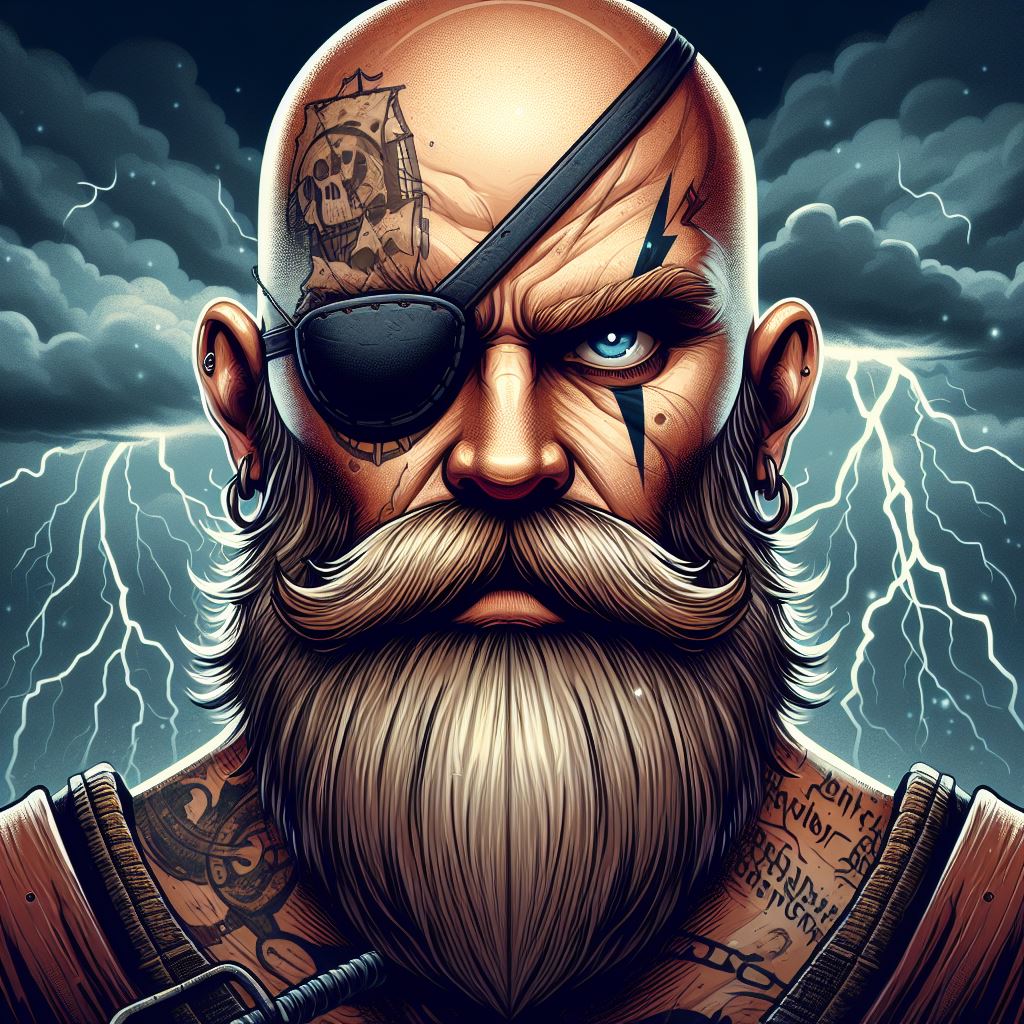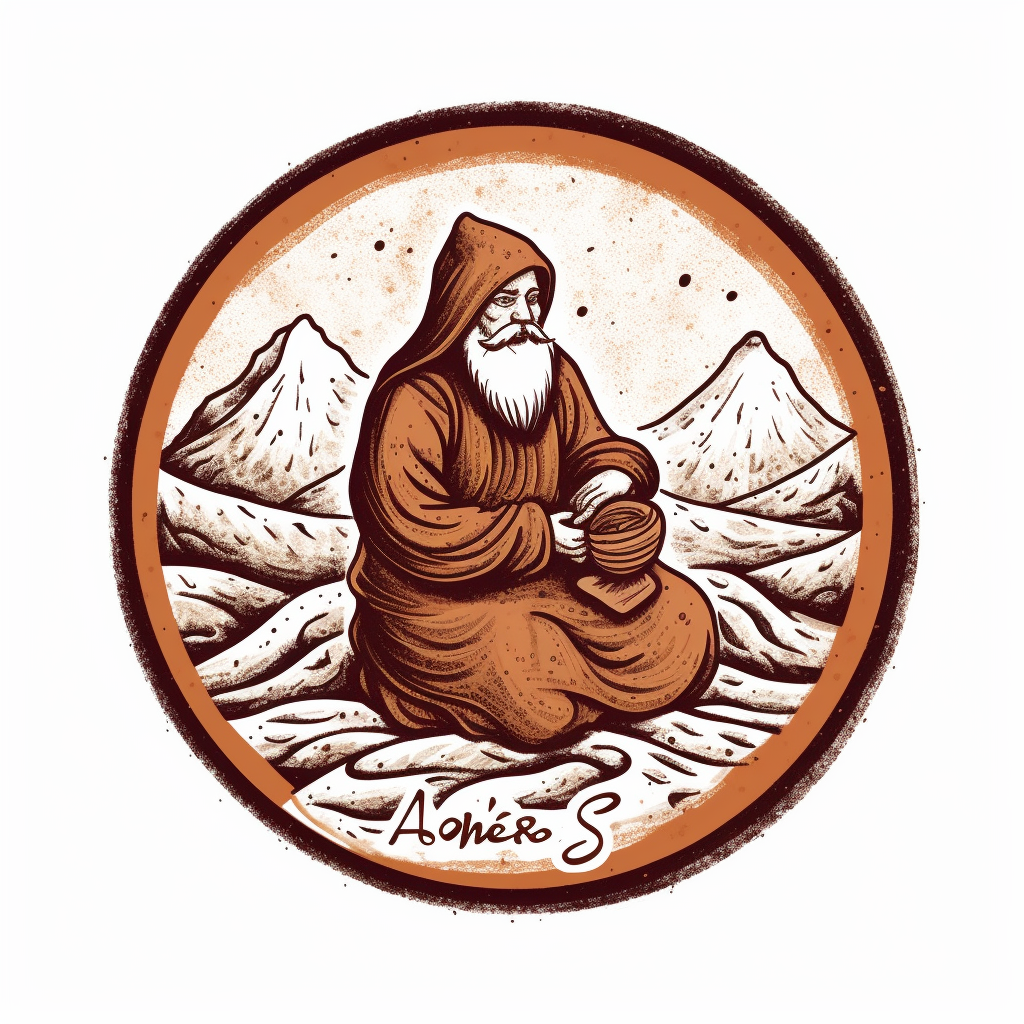What is something like a hobby or skill that you belive almost anybody should give a try, and what makes your suggestion so good compared to other things?
i feel like this is a descent question i guess.
3D printing. Suddenly you are able to fix small plastic shit in your house which would otherwise mean throwing out the whole goddamn thing. Best feeling ever to repair and save stuff.
i wish i could 3d print board games and such but printers are so pricey.
You might want to check out laser cutting. Same prize range and so much faster for board games. (basically works like a 2D lasercutter, most commonly used with wood or plexi glass).
I’ve heard good things about Ender 3 printers and their clones if you’re willing to tinker. AFAIK, the experience right out of the box isn’t great, but they can be modded and upgraded over time and can be fairly capable.
That being said, those might still be too expensive depending on your geo. I seem to recall reading about reprap projects designed to be built as cheaply as possible using harvested components from things like old scanners and shit.
- making bread
- brewing beer (or making wine or cider, as one prefers)
- repair sewing
I suspect I’d feel the same about welding or smithing, but I haven’t tried those (yet).
Juggling is fun and makes you really great at throwing things (but only mildly better at catching them hehe) 👍
Wood working. Can fix things and build things. It’s very rewarding. Can find second hand tools and slowly build your collection and upgrade them as you develop and hone your skills until your wife surprises you at home with your closest friends and family and they proceed to tell you that you have a problem and have to decide between investing time and energy into a living family or your woodworking hobby.
Biking.
Moving under your own power has so many benefits:
- It’s fun
- It’s cheap (or can be, to be fair)
- It’s good for your health
- It’s good for the planet
It’s fun
My knees disagree but each to their own ;)
I cringe watching someone struggling to turn the pedals when they are riding a multi geared bike.
Cycling is good for the knees, if you’re not staining to turn the pedals. That’s why gearing exists.
Use the gears to make the pedaling easier.
Hiking.
Getting up amongst the fells and mountains, mostly in isolation from noise and other people. Sure there’s touristy spots where alot head to but there’s still plenty of other, maybe slightly more difficult to hike places if you wanted pure zen.
Navigation is important, don’t just go up with Google maps expecting her to tell you when the next left is. Get some research done, and head out. Don’t overcomplicate things with buying loads of gear that youtubers “recommend”, don’t send it up a 3000ft hike either. A slight ascent, around a lake - start small, find your feet and grow from there.
The best thing I could ever have started for my mental health.
At work, I have a reputation for being the guy who never shuts up about trying to get new people into scuba diving. If there are 2 or more divers at the lunch table I honestly feel a little bad for everybody else. The cost of getting trained and renting or buying all your gear can scare people away, but I would at least strongly recommend that anybody on an island vacation or cruise at least try a “discover Scuba” class. You’ll learn everything you need to know to not die by watching a quick video, and working in a pool, then you get to go have an amazing dive in the ocean with an instructor.
An instrument. It’s soul food and extremely therapeutic. Even if you suck, just learn to let it go. I find it’s really good for my mental health. I dunno, it’s music ya know? Lol
deleted by creator
ive been wanting to get into game dev but it seems like alot of work and i suck at everything, also im limted with software and im not even sure what game engine or thing to use, if that makes sense. do you hav eany advice or something you want to share?
Python with PyGame can be quite a good start. And if you’re just trying to build something for fun maybe use free assets from the internet.
Taught myself python at 50 years of age. My God, being able to code is like a superpower. I started out doing some things to make my job easier, later developed an interest in web scraping and data analysis, now I am tinkering with machine learning. I regret listening to people who told me that a strong background in math is required for coding.
Mindfulness and Breathwork! Mindfulness is an incredibly valuable practice that can be a game changer for mental health and anxiety. Breathwork goes a long way as a fundamental technique.
There are a variety of free tier apps like InsightTimer that have beginner courses in meditation. Working to create space in your life between things like work and family give you breathing room. Starting to live in the moment allows you to step out of the anxiety of the past and worry of the future.
I’m not saying mindfulness can’t have serious benefits. However, I would caution anyone who’s into it to read the book McMindfulness. A lot of the “science” behind it doesn’t stand up to scrutiny, there can be genuine drawbacks to it, and it’s often used in unethical ways–like to make CEOs of ruthless companies more able to shove aside their feelings of guilt, or to sharpen the minds of soldiers for killing.
Wait, there’s people making money off of this shit‽ Like, my therapist and I work on mindfulness, but for me that just means being present in my body (not escaping into books/games/videos), considering my wants and needs, and listening to my emotions (even when they’re unpleasant). Is there some other definition? I like talking to people about it, but I’ll have to be more specific about what I mean in the future if there’s someone out there selling something.
Ham radio. It’s a lot of fun and has something for everyone. I like the outdoors, so I took my portable gear to a park and operated Parks on the Air today. There are all kinds of digital modes for people who love computers, there’s morse code, there’s using kites to hoist your antenna, hot air balloons, talking with the space station, etc. All kinds of stuff. If you’re the least bit nerdy, it likely has something for you.
My Dad was hugely into ham radio throughout the time I was growing up, and yeah, it was the quintessential nerd hobby before home computers came along.
Thinking of learning sign language…
I tried sign language on a whim in college and ended up loving it! It’s really unique and fun to use. It ended up being my secondary focus on my degree. Also, Deaf people are always super happy whenever there is someone to speak with, even if you stumble through it they are always patient and try to help
how long did it take you to learn it?
I studied it for about 4 years doing a mix of learning and being a teaching assistant for the intro classes, but realistically I was conversational after 2 classes or about a year.
Some tips if you want to learn. I learned American Sign so your mileage may vary for others:
-Find out what sign language is primarily used in your country ASL (American Sign Language) in the US, BSL (British Sign Language) in England, I think some parts of Canada use FSL (French Sign Language) but I cant remember. Universal Sign exists, but is never used so dont learn that.
-Use your dominant hand for all single handed signs
-Learn the alphabet, there are not signs for every word that exists. Often times words are spelled out (fingerspelled) instead of having signs. So by learning your alphabet you can always default to spelling things out if you dont know the sign.
-Facial expressions are super important. They feel really weird at first and often times are what beginners struggle with the most, but they are used to show tone in the conversation and without them you are missing a large building block of the language.
-I found the best way to practice was to sign to myself instead of talking to myself. It helped me remember the main signs that I would use in conversation and helped me practice my finger spelling.
If anyone has any questions, feel free to reach out. Im still very passionate about the language and culture.
Writing and drawing!
It requires no upfront investment, can be done individually, and it’s one of the few arts which is constrained by skill rather than budget. You can write a bestseller novel with just your computer but good luck doing a blockbuster film on your own.
ive always wanted to create a book or a comic but i stink at everything and im bad at spelling, i can only draw stickmen, but i still have the urge to be creativ eand share it.
Drawing gets a lot easier if you approach it as a muscle-memory skill like calisthenics or juggling - if you can write letters neatly, you can also learn to draw shapes you’ve practiced. The early exercises in books like Keys to Drawing (Dodson) or The Natural Way to Draw (Nicolaides) introduce ways to practice those skills, and then the rest is “find subjects you want to draw”, which can be as simple as watching a video, pausing it, and quickly using that for the exercise. Do that for a few minutes a day for a few weeks and drawing skills will magically emerge.
There are tons of “how to draw tutorials” that don’t explain any of this, speak about it conceptually, and tell you to go draw a thousand cubes, which will make you better at drawing…cubes. (There is some point to that kind of technical skill, but it’s not the thing to invest in if you just want to use images to tell a story)
For writing, practice writing short stories using writing prompts (I normally use Reddit’s /r/writingprompts but I’m trying to find an alternative here) and post them on the thread even if they suck. The commitment is low since it’s a short story and you can afford to twist the story to match your writing style rather than the other way around. You’ll also get votes and feedback from other members.
I started drawing as a kid, stopped for a while, and got back to it in my teens since I started doing a lot of writing then and wanted to visually depict what was happening as well. One thing that helped me a lot was to not look at other people’s art or photographs but rather solely work with what you’re visualizing in your mind and reiterate (with many many strokes) until the quality becomes acceptable. Use pencil and sketch with short and light lines. The point here is to develop your own intuition for perspective, splitting an object into basic shapes, and so forth.
I’ll also add that it’s extremely important to create your own style both for writing and drawing. Make your stuff look good, but always keep in mind that it’s fine to have your own quirks and distinctions. E.g. if your lines are a bit sketchy or if your circles aren’t perfect that can easily be part of your style.
Learning a new language. You learn a bit about how languages work, understand other cultures a bit better, usually learn new vocabulary for your native language, understand the relationship between different languages, learn the roots of loan words and generally helps your brain stay healthy, even by only studying the basics.
what lauguage would you recommend for people who only know english?
Not OP, but I’ve asked myself this as well. I think it depends on where you live and what you want out of your language learning experience. If your goal is to learn something more useful in everyday life and you live in the southern US, Spanish is a great option. If you’re from Canada, French is probably the most useful. German and Mandarin are useful in the business world, but the latter is significantly harder to learn. If you’re not worried about maximizing the utility of what you learn, Norwegian is considered one of the easiest languages for English speakers, and let’s be real, Norway is awesome.
It’s more important that you stick with whatever you choose though. That’s the part I’ve struggled with.


















